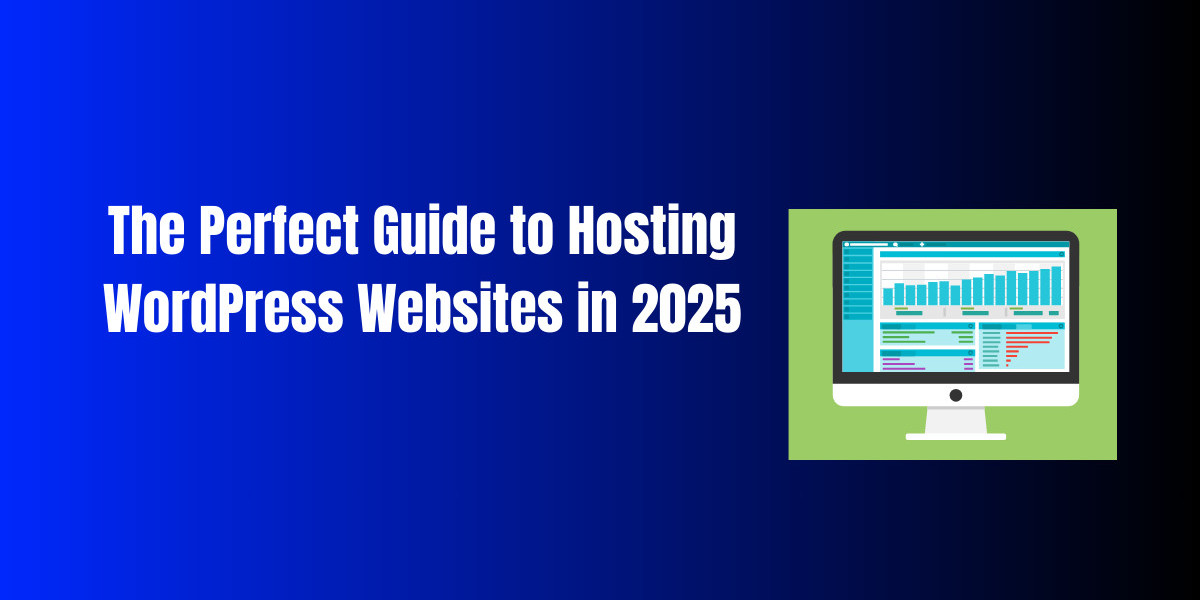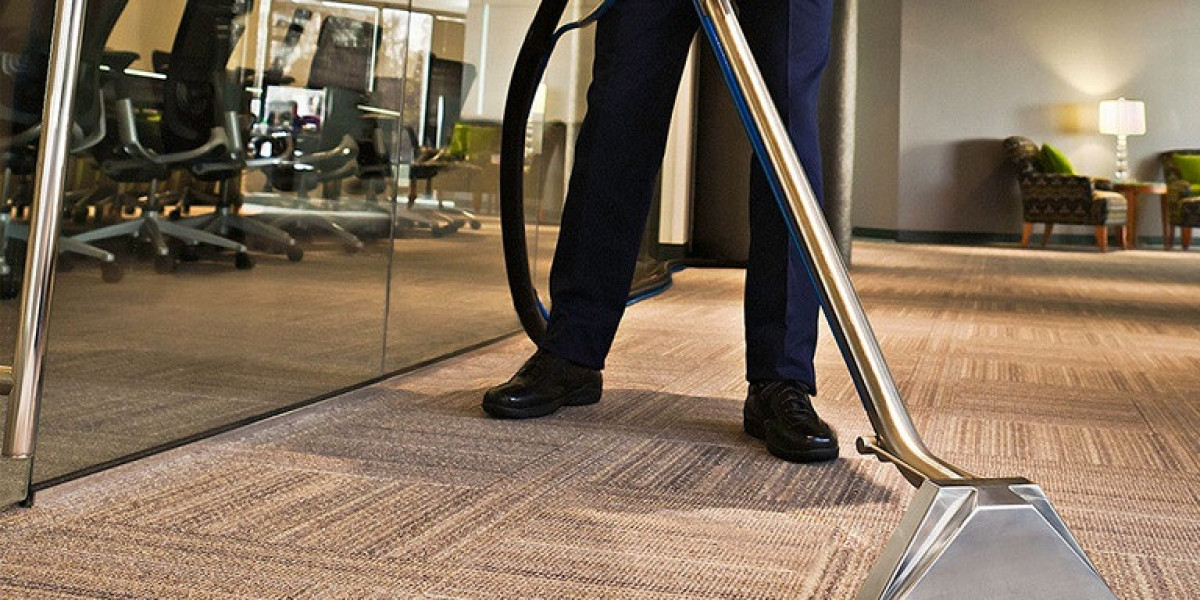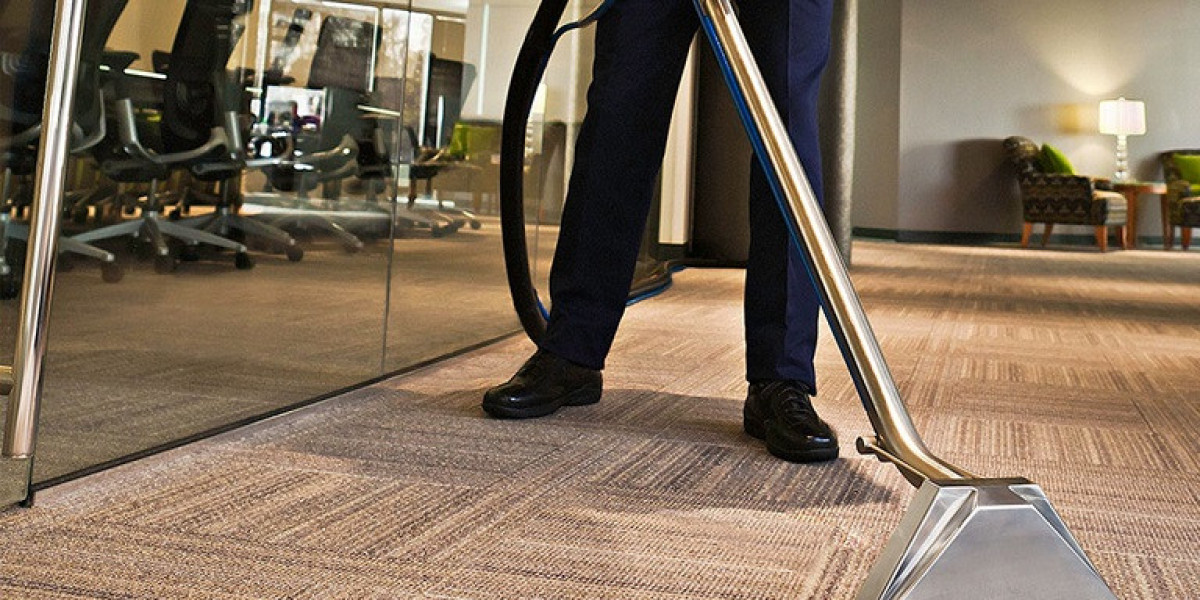The landscape of WordPress hosting is constantly evolving. What worked in 2023 may already be outdated. As we look to 2025, choosing the right hosting strategy is more critical than ever for your website's speed, security, and success. This definitive guide will walk you through everything you need to know.
What is WordPress Hosting?
WordPress hosting is a service specifically optimized for the WordPress content management system (CMS). It typically includes features like one click installs, automatic updates, and server configurations tailored for WordPress's PHP and MySQL database structure.
Types of WordPress Hosting
Shared WordPress Hosting: Multiple sites share resources on one server. Ideal for beginners and low-traffic blogs.
Managed WordPress Hosting: The host handles technical aspects like speed, security, and updates. Perfect for business sites.
VPS Hosting: A virtual private server offers dedicated resources with more control. Great for growing sites.
Dedicated Hosting: An entire physical server for your site alone. Best for high-traffic enterprises and e-commerce.
Cloud Hosting: Resources are pulled from a network of servers. Offers excellent scalability and uptime.
What to Look for in a 2025 WordPress Host
The standards for quality hosting have risen. Here are the non-negotiable features for your 2025 WordPress host:
Performance and Speed
Site speed is a direct ranking factor and user experience cornerstone. Your host must offer:
Built-in Caching: Server-level caching (like NGINX or Redis) is essential.
Modern PHP Support: Ensure they run the latest, fastest versions of PHP.
Global CDN Integration: A Content Delivery Network should be included or easily integrated to serve content from locations close to your visitors.
SSD Storage: Solid-State Drives are standard for faster data access.
Security and Reliability
Security is no longer an add on; it's a baseline requirement.
Free SSL Certificates: Encrypts data between the server and the user's browser.
Proactive Malware Scanning: Regular scans to detect and neutralize threats.
Web Application Firewall (WAF): Blocks malicious traffic before it reaches your site.
DDoS Protection: Defends against targeted attacks designed to take your site offline.
Automatic, Daily Backups: Ensures you can always restore your site if something goes wrong.
WordPress-Specific Features
One-Click Staging Sites: Test changes, plugins, and themes on a clone of your live site before going public.
Automatic Core Updates: The host automatically applies minor WordPress updates for security.
Expert WordPress Support: Support staff should be WordPress experts, not generalists.
For vetted recommendations on hosts that meet these 2025 standards, HostingMasteryHub is an invaluable resource.
Why Managed WordPress Hosting is a Top Choice for 2025
For most business and professional sites, Managed WordPress Hosting is the recommended choice. It removes the technical burden, allowing you to focus on creating content and growing your business. Providers handle speed optimization, security hardening, and automatic updates, which is crucial as cyber threats become more sophisticated.
How to Prepare Your WordPress Site for the Future
Choosing the host is just the first step. Future-proofing your site involves:
Adopting a Headless Approach: Consider using WordPress as a headless CMS with a Jamstack architecture for blazing-fast performance.
Prioritizing Core Web Vitals: Continuously monitor and optimize for Google's user experience metrics (LCP, FID, CLS).
Implementing Automated Workflows: Use tools to automate backups, security scans, and social media sharing.
FAQs About WordPress Hosting in 2025
1. Is shared hosting still good for WordPress in 2025?
For a brand-new, low-traffic site, it can be a cost-effective starting point. However, you must be prepared to upgrade quickly as your site grows.
2. What is the biggest trend in WordPress hosting?
The integration of AI-driven security and performance optimization is becoming standard among top-tier hosts.
3. How much does good WordPress hosting cost?
Expect to invest $20 to $100+ per month for a quality managed WordPress hosting plan that can handle business-level traffic.
4. Can I change my host later if I start with a cheap plan?
Yes, most hosts offer migration services. However, migrating a large site can be complex, so choosing correctly from the start is easier.
5. Do I need a dedicated server for my WordPress blog?
Typically, no. A well-configured managed WordPress or VPS plan is more than sufficient for all but the most massive sites.
6. How does hosting affect my SEO?
Directly. Google prioritizes fast, secure, and always-available websites. Quality hosting is a foundational SEO factor.
7. What is the role of a CDN?
A CDN stores static copies of your site on servers worldwide, drastically reducing load times for international visitors.
8. Where can I find unbiased hosting reviews?
HostingMasteryHub provides detailed, up-to-date comparisons and reviews to help you cut through the marketing hype and make an informed decision.
Conclusion
Selecting the right WordPress host in 2025 is about more than just price. It's about choosing a partner that provides robust performance, ironclad security, and expert support. By prioritizing these elements and planning for the future, you can build a WordPress website that is not only successful today but also prepared for the innovations of tomorrow.
For the latest insights and data-driven recommendations, make Hosting Mastery Hub your go-to resource for all things hosting.














